How to Not Get Sick on Vacation
We asked experts for their secrets to coming back from a trip feeling refreshed, not flu-ish.
By Juno DeMelo
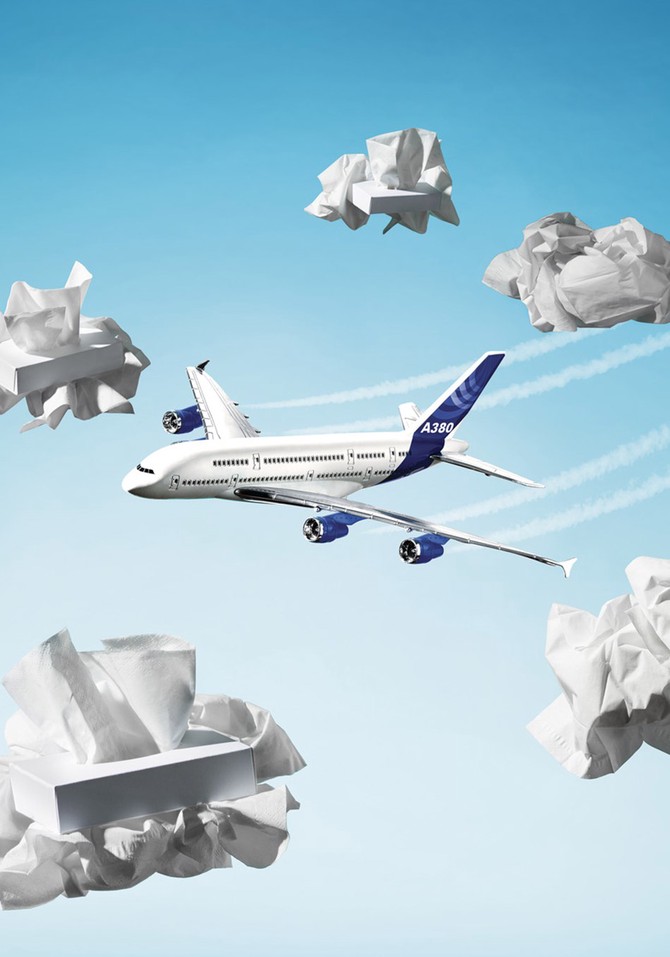
Photo: The Voorhes
You can't wait to get away from it all—annoying coworkers, traffic jams, the endless cycle of chores. But you may not realize that you're also taking a break from many of the things that keep you healthy: fresh, well-balanced meals; regular exercise and transportation that doesn't involve long stretches cooped up in recirculated air with dozens of other passengers. Enjoy your R&R without getting sick, thanks to this doctor-approved advice.
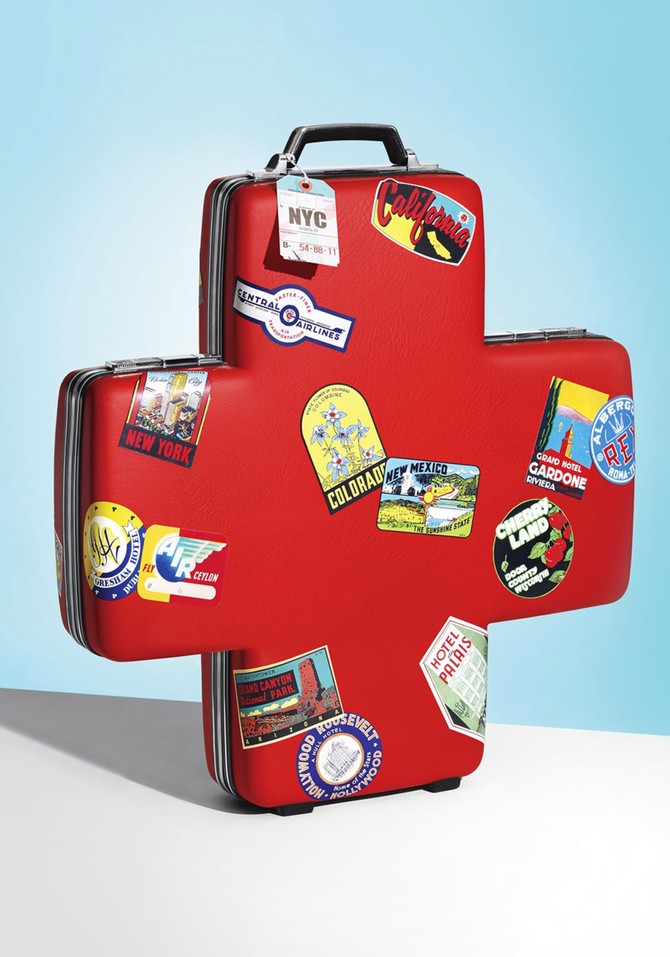
Photo: The Voorhes
Spray Away Germs
The Sahara-like air on planes may spell trouble for your immune system. Dry nasal membranes are very susceptible to germs, says Martin L. Hopp, MD, PhD, medical director at the Cedars-Sinai Sinus Center in Los Angeles. "The cells lining your nose have microscopic hairs that move germs along," he says. "But if your nose is too dry, the hairs don't work efficiently." An hour before your flight, use a saline nasal spray or gel (rubbed around your nostrils and under your nose with a cotton swab), then follow up once an hour until you land. This helps prevent germs from making their way into your throat and lungs, where they can cause infection.
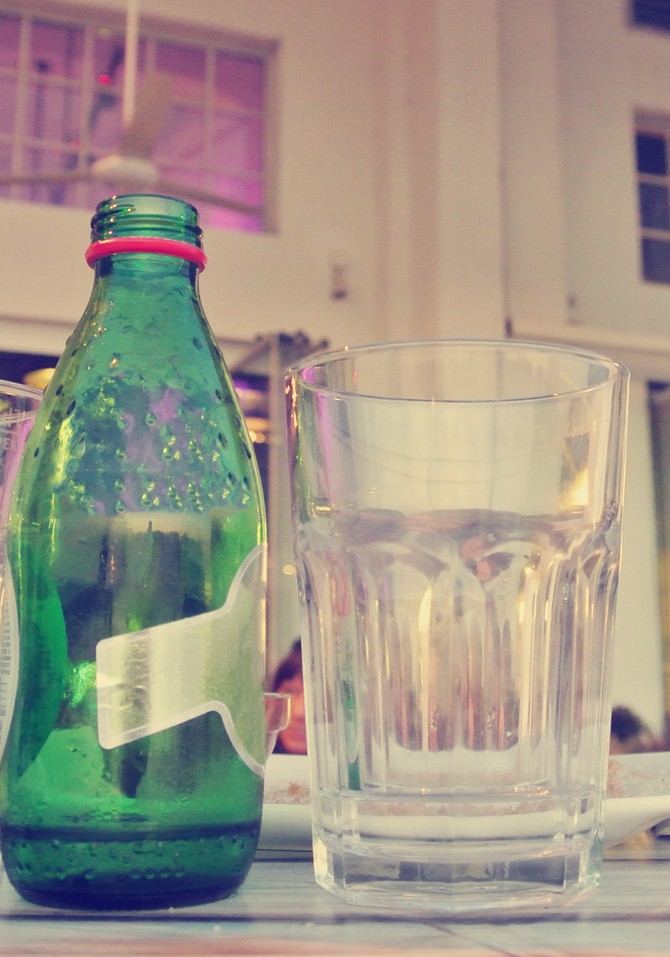
Photo: iStock/Jasmina976
Stick to Carbonated Water
Traveler's diarrhea, which can afflict up to 70 percent of tourists in some foreign countries, is most often caused by bacteria, which may be present in tap water. "When I'm on a trip, I drink only bottled beverages with an intact seal," says Herbert DuPont, MD, director of the Center for Infectious Diseases at the University of Texas Health Science Center at Houston School of Public Health. "Carbonated ones are the safest." That's because carbonation kills intestinal pathogens by reducing the water's pH level, according to a report in the journal Clinical Microbiology Reviews.
Try This!
One way to make sure you don't drink tap water or use it to brush your teeth while you're in a foreign country: Tie a ribbon around the faucet as a quick reminder.
Try This!
One way to make sure you don't drink tap water or use it to brush your teeth while you're in a foreign country: Tie a ribbon around the faucet as a quick reminder.
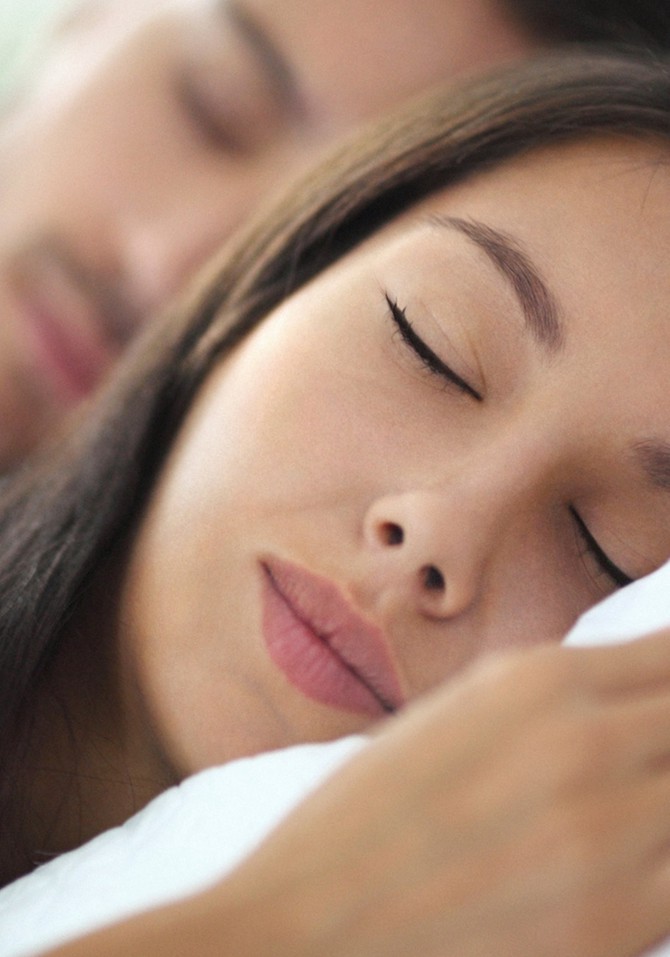
Photo: iStock/gilaxia
Take Magnesium Before Bed
Roughly 48 percent of women ages 31 to 50 don't get enough magnesium in their diet, and low levels of the mineral can increase the likelihood of muscle cramping, migraines and irritability, all of which can keep you up at night. "Magnesium acts as a natural relaxant," says Tieraona Low Dog, MD, former clinical associate professor of medicine at the University of Arizona. "Taking 400 milligrams of magnesium citrate for the first two nights of travel may not only help you fall asleep, it also acts as a laxative by pulling water into the intestine." This is key because a change in time zones, sleep patterns and diet while on vacation can lead to sluggish bowels and bloating.
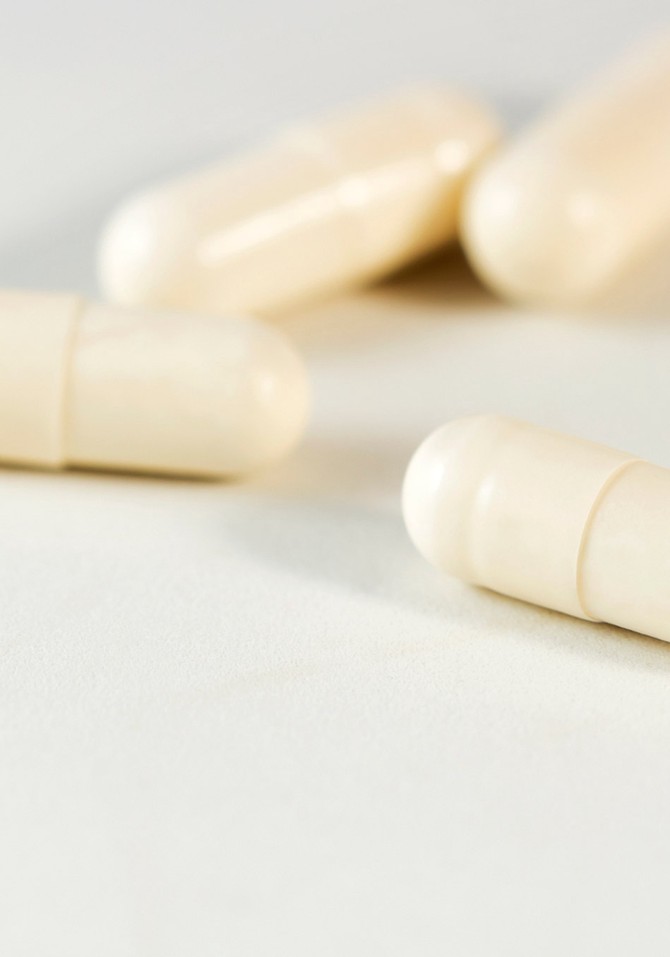
Photo: iStock/Aidart
Pop a Probiotic
"About 70 percent of your immune system is in your gut, so I always take probiotics with me when I travel," says Frank Lipman, MD, founder and director of the Eleven Eleven Wellness Center in New York City. He recommends pills that contain lactobacilli and bifidobacteria with a total of at least 30 billion units (most products include this info on the label). Both strains may help prevent G.I. disorders.
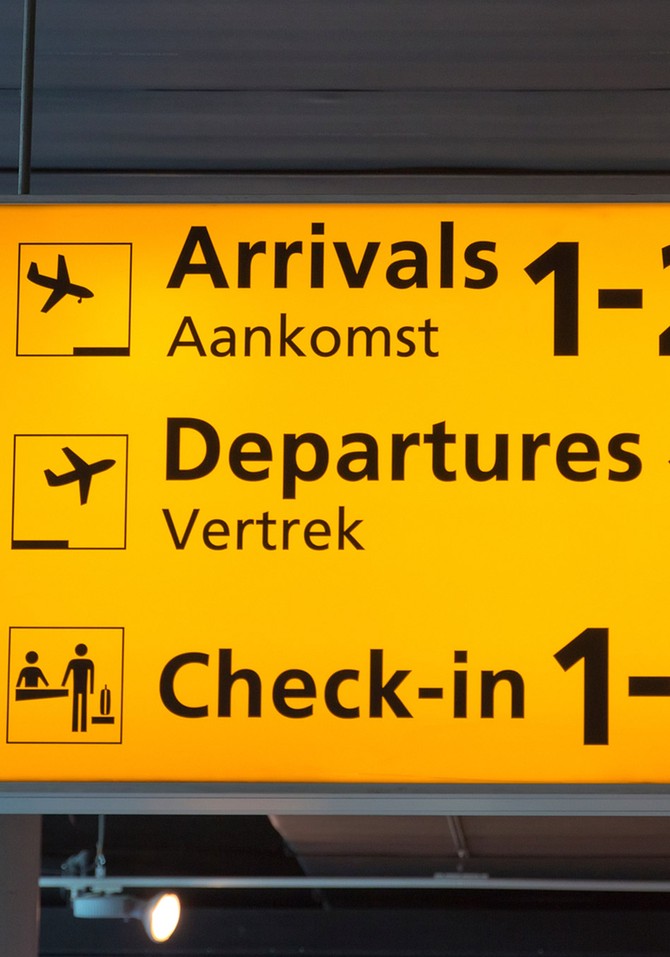
Photo: iStock/VanderWolf-Images
Fast Before a Long Flight
A lab study in the journal Science suggests that animals have a second biological clock that can reset their circadian rhythms, telling the body to shut down when food is scarce and wake up when it's plentiful again. Though it hasn't been demonstrated in humans, there's no reason to doubt that our biological clock works this way, too, says lead study author Clifford Saper, MD, PhD, department chair of neurology at Beth Israel Deaconess Medical Center in Boston. For an overnight flight to Europe, for example, you would stop eating after lunch, go to sleep when the plane takes off, then eat a hearty breakfast when you arrive the next morning to reset to your destination's time zone. Bon voyage!
From the July 2016 issue of O, The Oprah Magazine

